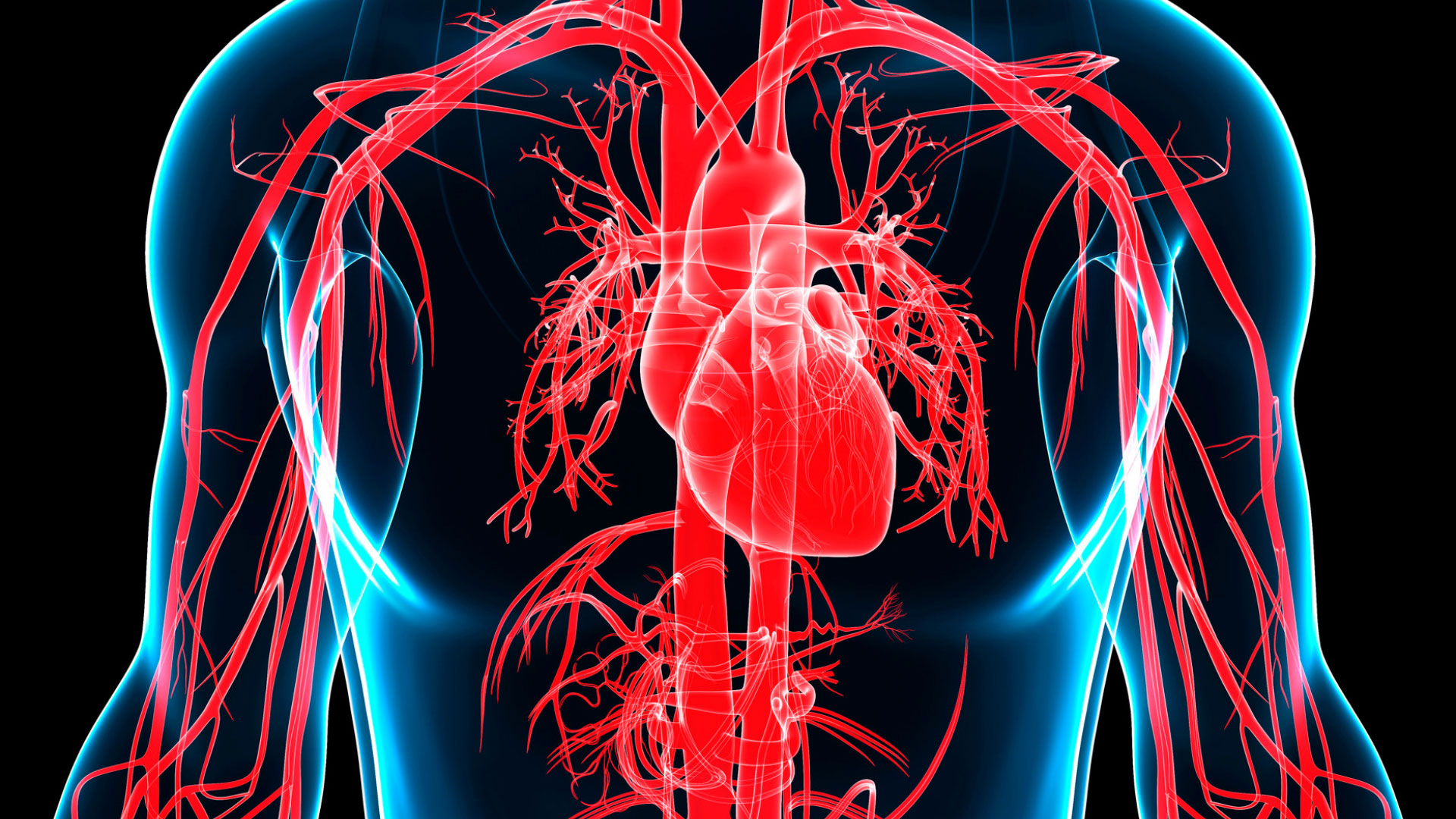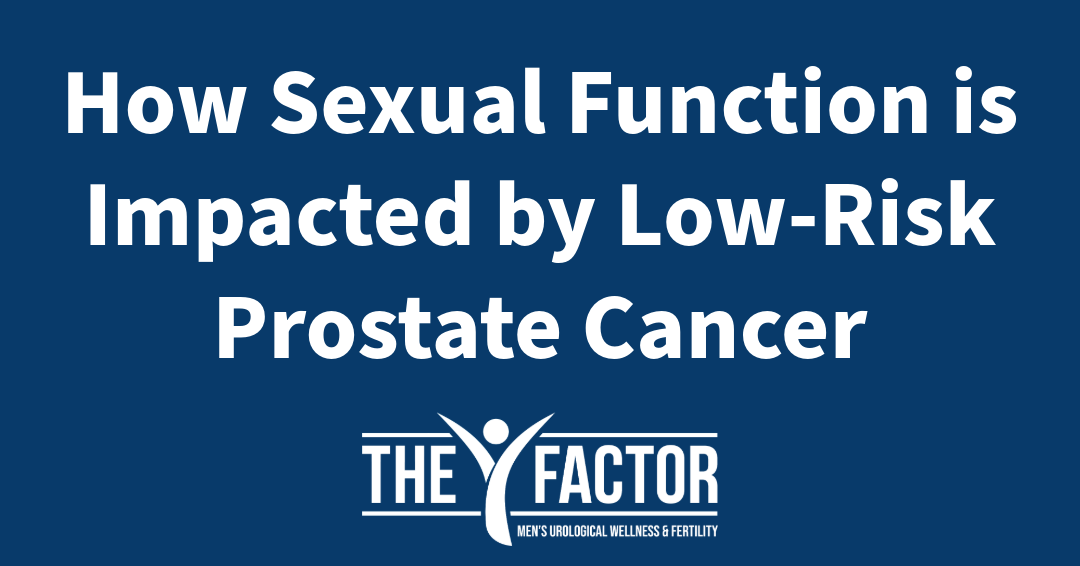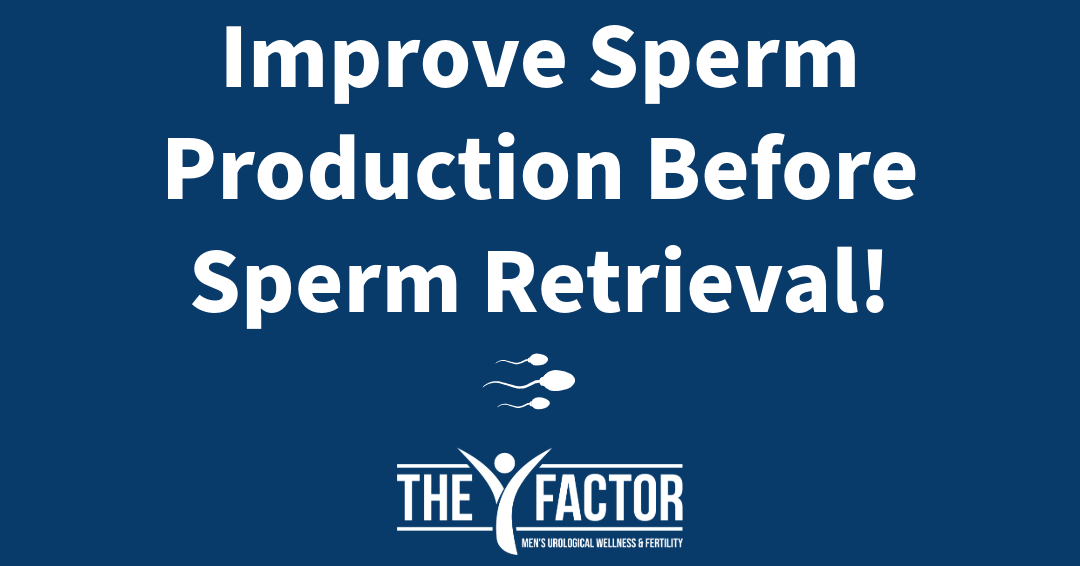Breast Cancer in Men


Men, did you know for every 100 breast cancers diagnosed in the United States about 1 will be a man? While this means it is rare for a man to be diagnosed with breast cancer, it is still possible. Symptoms of breast cancer include lump or swelling in the breast, redness/flaky skin on in the breast, irritation/dimpling of the breast skin, nipple discharge, and pain in the nipple area.
According to the American Cancer Society (2022), due to the low rate of men being diagnosed with breast cancer, regular screenings with mammograms or other tests are only recommended for those at risk. Men who are at risk include those with a close family history of breast cancer, those who have inherited genes such as BRCA1/BRCA2, genetic condition called Klinefelter syndrome, over the age of 50 years, as well as obesity (CDC, 2022).
How can men decrease their risk? Men who have a family history of breast cancer should go for genetic testing. Other ways to reduce your risk include healthy dieting and being physically active to maintain a healthy weight. At The Y Factor, we provide in house BRCA testing for men based on risk assessment.
Another breast disorder for men to be aware of is a benign (not cancerous) condition called gynecomastia, which is an increase in the amount of breast tissue in men. Gynecomastia is most often caused by changes in testosterone, estradiol, and prolactin, but can also be caused by certain medications, illicit drug use and obesity. Symptoms of gynecomastia are like that of breast cancer; men can experience breast tenderness, swollen breast tissue and nipple sensitivity. Men who are on testosterone treatment can often experience these symptoms. For these reasons, men who are experiencing these symptoms should be seen by a medical provider for evaluation.
At The Y Factor, we encourage our patients to be proactive with their health. If you are concerned that you are at risk or have symptoms, schedule your appointment with The Y Factor team at one of our six locations across the greater Houston area. Your provider will take a thorough history, perform a physical exam and make recommendations about your next steps in breast cancer screening. Women have OB-GYN | Men have The Y Factor!
References
American Cancer Society. (2022). Can breast cancer in men be found early? Retrieved from
https://www.cancer.org/cancer/breast-cancer-in-men/detection-diagnosis
staging/detection.html
Centers for Disease Control and Prevention. (2022). Breast cancer in men. Retrieved from
https://www.cdc.gov/breast-cancer/about/men.html
Johns Hopkins. (2022). Gynecomastia. Retrieved from
https://www.hopkinsmedicine.org/health/conditions-and-diseases/gynecomastia
Susan G. Koman. (2022). Breast cancer screening for men at high risk. Retrieved from
https://www.komen.org/breast-cancer/screening/when-to-screen/high-risk-men/

Seleccione a su especialista en salud masculina y reserve al instante
Encuentre urólogos expertos y profesionales de la salud masculina que comprendan sus necesidades únicas.
Nuestra plataforma optimizada le ayuda a conectarse de forma rápida y confidencial.
Planes de tratamiento personalizados
Reciba recomendaciones y terapias personalizadas diseñadas específicamente para abordar sus necesidades de salud individuales.
Soporte y seguimiento continuos
Benefíciese de una atención continua, que incluye revisiones periódicas del progreso y la orientación de expertos a lo largo de su viaje hacia el bienestar.



.jpg)
.jpg)
.jpg)





